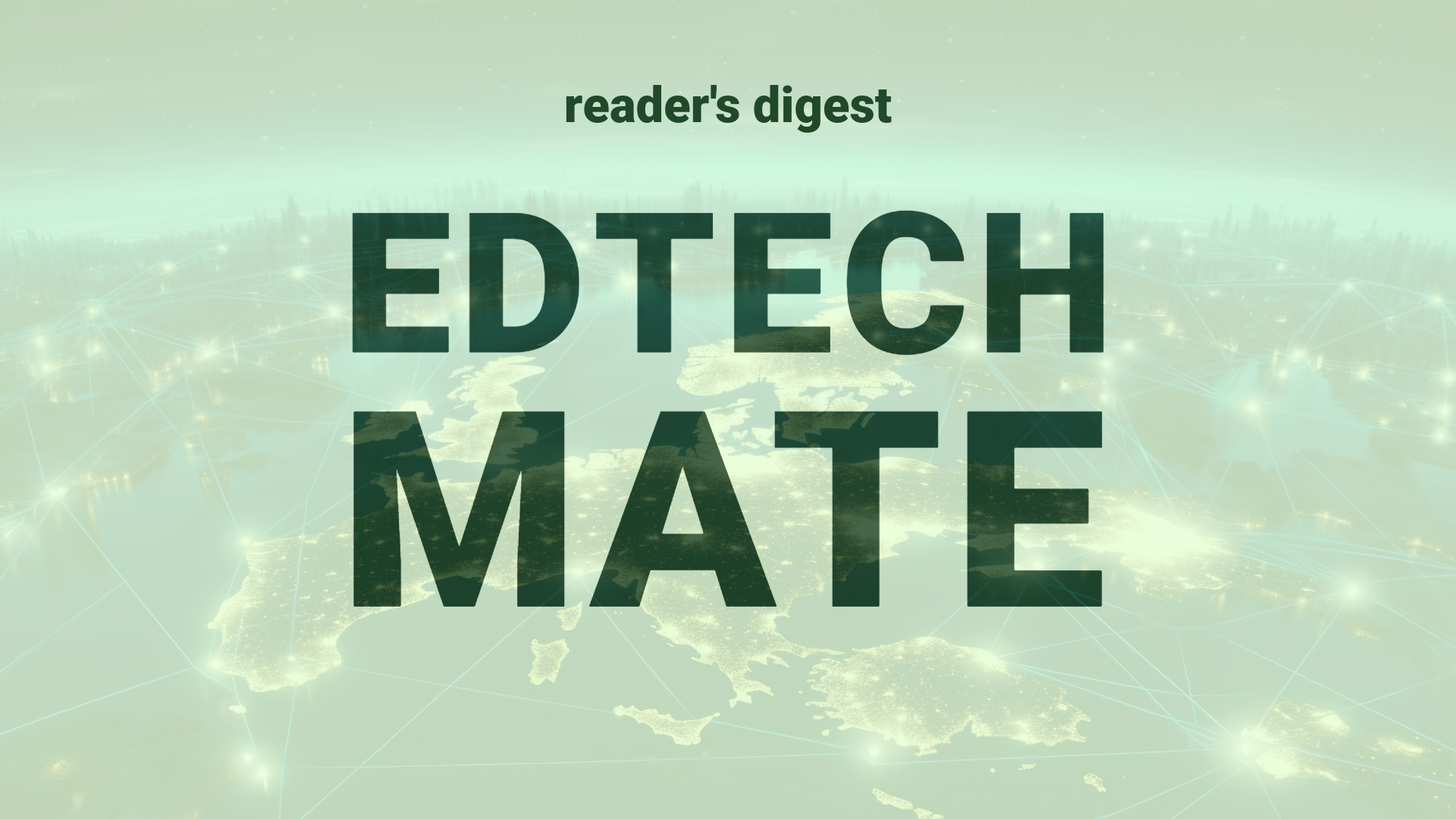Executive Summary and Main Points
Adobe announces the launch of Acrobat AI Assistant for enterprise, a tool designed to streamline interactions with digital documents through AI-powered functionalities. The AI assistant offers capabilities such as creating document summaries, extracting data, producing initial content drafts, and facilitating navigational aids within reports via clickable citations. Utilizing Azure OpenAI service’s language models including GPT-3, this assistant enables enhanced productivity for knowledge workers by reducing time spent on document analysis and RFP research. Adobe adopts an LLM-agnostic future strategy and emphasizes the maintenance of human oversight to verify AI-generated content, aligning with ethical standards for security and privacy.
Potential Impact in the Education Sector
Acrobat AI Assistant’s technology has the potential to revolutionize Further Education and Higher Education, offering educators and administrators new efficiencies in handling academic research, grant proposals, and administrative documentation. Its ability to quickly synthesize complex materials can facilitate improved learning experiences and research capabilities. The tool can also support Micro-credentials by providing succinct overviews of necessary resources, thus ensuring learners and educators stay abreast of evolving trends. The emphasis on strategic partnerships with LLM providers alongside Adobe’s commitment to security solutions suggests opportunities for collaborative initiatives with educational institutions prioritizing digitalization and ethical AI deployment.
Potential Applicability in the Education Sector
Innovative applications of Acrobat AI Assistant in global education systems could involve AI-facilitated literature reviews for researchers, streamlined administrative reporting, and personalized learning resources for students. By incorporating this tool, institutions can digitally transform engagement with academic content, enhance collaborative research efforts across borders, and facilitate tailored educational pathways. The adaptability to plug in different LLMs may foster custom AI solutions that align with diverse linguistic and cultural educational contexts, ultimately contributing to a more efficient and inclusive global higher education landscape.
Criticism and Potential Shortfalls
Critically, while promising to streamline workflows, Acrobat AI Assistant might face challenges such as potential bias in AI models, over-reliance on technology reducing critical thinking, and cultural nuances being lost in summarization. Comparative international case studies could reveal differential impacts due to varying levels of digital infrastructure and access to technology, highlighting an unequal distribution of benefits. Ethical and cultural implications are also at the forefront, necessitating vigilant human oversight to ensure the responsible use of AI in education, maintaining data security, and guarding against the erosion of academic integrity.
Actionable Recommendations
To leverage Acrobat AI Assistant for educational advancement, international education leadership should consider piloting the tool within research departments, integrating AI assistant training into professional development programs, and evaluating AI outputs against established academic standards. Institutions should strategically cultivate communities of practice to spearhead AI integration, emphasizing ethically aligned, culturally sensitive, and security-conscious adoption. Strategic insights entail promoting a balanced human-AI partnership that augments human capabilities while preserving the vital role of educator expertise and judgment.
Source article: https://www.computerworld.com/article/2105756/adobe-introduces-ai-assistant-to-help-enterprises-exploit-data-held-in-pdfs.html

